Sep 6, 2023
Essentials For Successful Web Diligence Research
Research

Here are 7 basic items we all need for successful web research. Use them to start your own research resource list. But don’t forget, depending on your organization, industry and projects there may be more so feel free to customize.
The World Wide Web is an amazing resource for diligence related content. There is no “one” topic or subject of diligence material or research that is available online, instead there are countless subjects and topics. At this point, the web is such a usual source of information you may be considered careless or even negligent if you do not to check the web for diligence related materials.
I know this is isn’t cutting edge, it is basic, but basic is a good place to start. The rise of artificial intelligence and other technology tools means that the online environment is becoming more complicated and more sophisticated but before you can address those challenges you need to make sure you have addressed the basics.
So today is a short review of basic and practical requirements that I believe are important for online diligence research.
Summary
The quick list of essentials:
![]() A Device that can Access the Internet
A Device that can Access the Internet
![]() The Device Needs a Connection to the Internet
The Device Needs a Connection to the Internet
![]() You Will Want to Stock up on Browsers
You Will Want to Stock up on Browsers
![]() Find What you Need with Search Engines
Find What you Need with Search Engines
![]() Protect your Privacy & Security
Protect your Privacy & Security
![]() Familiarize Yourself with Internal and External Policies
Familiarize Yourself with Internal and External Policies
The list of essentials is described in more detail below, if you would like to see how your digital knowledge stacks up against others in the US take a look at this Pew Research Center – Digital Knowledge Quiz
Essentials of Online Diligence Research
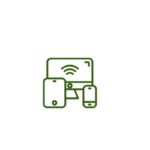
Device
- desktop or laptop computer (both called desktop)
- a tablet
- mobile phone
Globally, almost half of all internet traffic is through a mobile device but if you have a choice, I recommend using a desktop device for diligence related research because:
Ease of use – Mobile devices limit your view to what is available on a small screen. Sites are growing larger and more complex with menus, multiple pages and links to internal and external resources. Content on the site can be in the form of images, text, audio, graphics, portfolios, galleries, static pages, podcasts, links, videos and databases.
Consumption – To find what you need, or even just to understand what is available, you need to navigate pages, menus and links. One of my “go to” productivity tips is to view the content options, use translation software and open links using multiple desktop screen views which allows me to move between them and make comparisons if relevant. It is hard to do this on a small screen. There are times when I plug my laptop into a large monitor so that it is easier to use multiple views, watch a video or survey rows of data.
Mobile Design – Not all sites are optimized for mobile devices. This is especially true with government websites. Some of these sites do not load properly on mobile devices, information that is available on the desktop version is missing from the mobile site and features and tools may not work. Even more concerning, you won’t know what is missing because the sites do not always alert you that you are on an abridged version of the full site.
A tablet may be as large as a laptop or as small as a smart phone so the viewing experience will vary. My recommendation is – if you have a choice, view the site with the largest screen possible A small screen will limit your view and require additional work to verify that you are seeing the complete site.
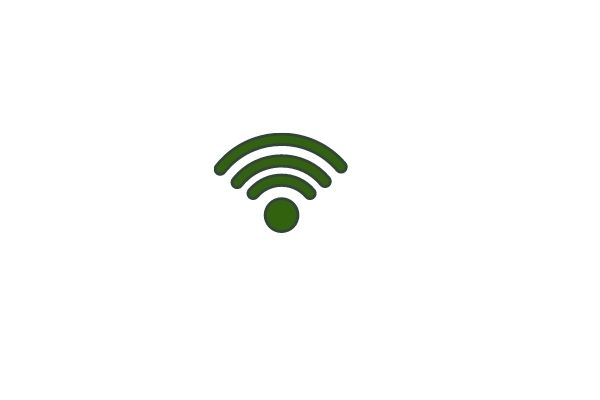
Connection
You need to connect your device to the internet. The connection can be satellite, cable, fiber, mobile wireless depending on what is available to you. If given a choice, I suggest the fastest available broadband connection within budget. Websites and social media platforms are increasingly media rich, not only text but also audio (podcasts) and video (short form and long form). To load these sites quickly and maintain connection without lapses may require a fast connection.

Browsers
A web browser is the application that allows you to access and display web pages. Examples of browsers include: Google Chrome, Microsoft Edge, Mozilla Firefox and Apple Safari.
I have multiple browsers available on my desktop. After viewing thousands of sites, in hundreds of locations, over the course of several years I find it is useful to have different browsers available because:
- Once in a while a site notifies users that to optimize the site you need to use a specific browser. Usually Internet Explorer, which is now being discontinued and replaced by Microsoft Edge.
- Sometimes a site does work better with one browser than another. You can test this out by trying the same site with different browsers.
- A browser may have a feature that is useful for a particular site. For example, if you are dealing with a site in language different than your own Google Chrome may be able to automatically translate the site from the original language into your language.
- If a site isn’t displaying properly and has broken images or missing sections, changing browsers may solve the problem.
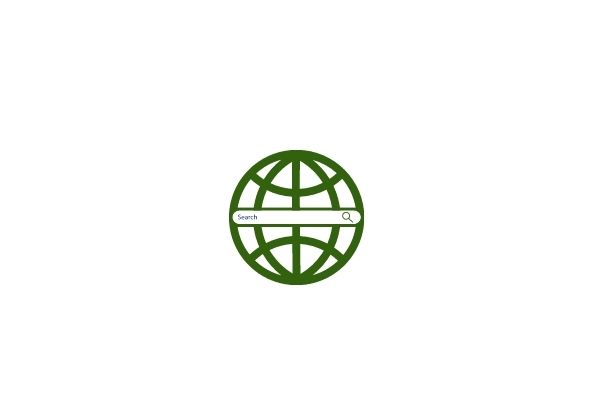
Search engines
When you have the exact address of a site you can type it into your browser and go directly to it. But most of the time you need help finding or “searching” for what you want among the billions of pages available on the web. That’s what a search engine does for you. It takes your search terms and finds and returns a list of sites that meet your search criteria.
You are probably familiar with the largest and most common search engines, Google, Bing, Yahoo! and DuckDuckGo. There are regional and local search engines, meta search engines and topic and media specific search engines. Google is currently the most popular search engine in the world but be aware that no one search engine has indexed every site and page on the World Wide Web.
It is a good idea to become familiar with the different types of search engines so that you can increase your search capability and narrow your searches if you are looking for a specific type of content. Going forward you will also want to understand how these search engines are using AI. .
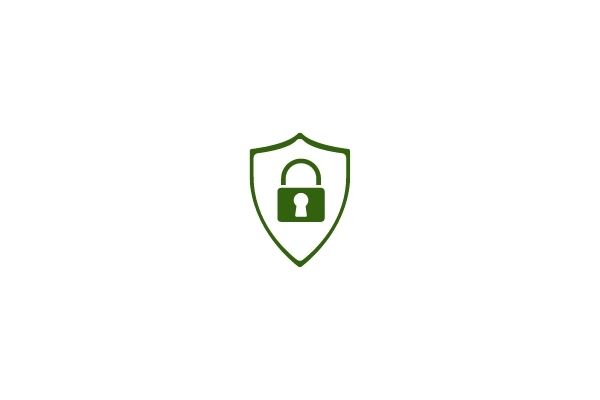
Privacy & Security
Privacy
When you are on the web you should assume that you may be watched, tracked and your data is being captured and possibly sold. The currency of the web is your data. Governments, organizations and individuals continue to create sophisticated collection techniques and there is are no lack of buyers. Data may be gathered with your full knowledge, secretly or it may be stolen from you. You also have to consider that even data that is anonymous may be manipulate in such a way that you become personally identified.
Privacy laws and requirements and protections are not the same globally. Moreover, there are governments, entities and individuals that do not care about the existence of privacy laws. You will need to decide the level of privacy you require and how to achieve that level of privacy. Some common privacy protection devices include using:
- virtual private network software
- anonymous browsers
- encryption
- the privacy settings on browsers and search engines
- applications that block tracking and geolocation apps
For privacy on specific sites you need to review the site’s privacy policy and cookie policy, terms of use and any other privacy related statements and make your decision to use the site or privacy choices based on those statements and offerings.
Security
Security is a serious online issue. Not everyone on the web has good intentions and the level of sophistication and global reach of “bad actors” has increased tremendously. The level and type of security that you require for your organization is a complex and flexible standard depending on many factors. Your online security profile and activities need to be within your organization’s policies (see below) and requirements.
At the very least you will want to insure that you have the appropriately updated software to deal with the common threats including: viruses, malware, spyware and ransomware. But depending on your industry and regulation it is likely you will need to go way beyond basic security technology.

Internal & External Policies
Your organization may have policies and procedures for use of the web. These policies are usually designed to comply with regulations, provide standards and keep the company’s networks secure and private. It is important that you understand the internal policies and procedures that apply to your use of the web.
There are places in the world in which the ability to access or use the web is limited, surveilled or even prohibited by government authorities. Be aware of the scope of restrictions that apply to your use of the web and the consequences of noncompliance with these restrictions.
If you are not sure if there are internal or external policies that control your use of the web – ask!
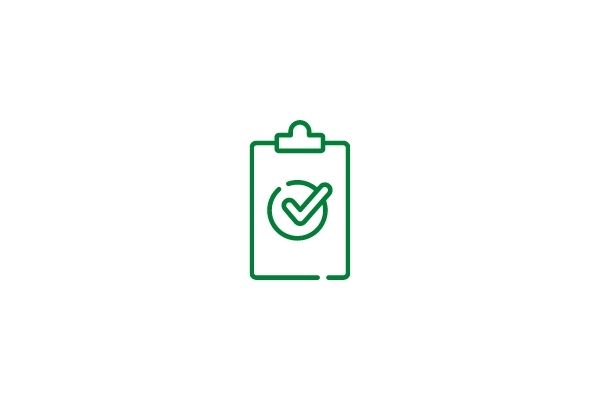
Quality Control
The web has no editor, centralized oversight or quality control. Anyone can and will post, publish and push content at you. You have to be the quality control inspector. You have to be critical, doubtful, and skeptical until you have reason to trust. To do that you will need to develop a highly refined systems for assessing, evaluating, analyzing and validating authors, publishers, websites, platforms, social media and the content that they present to you on the web. Without robust quality control criteria you risk using the wrong materials.
Sign Up to Receive the Diligence File Emails – More Ideas & Resources to Advance Your Diligence
Thank you


Subscribe for Diligence Updates
Get the latest updates, resources, offers, and more.
"*" indicates required fields
The Diligence File respects your privacy. Privacy Policy